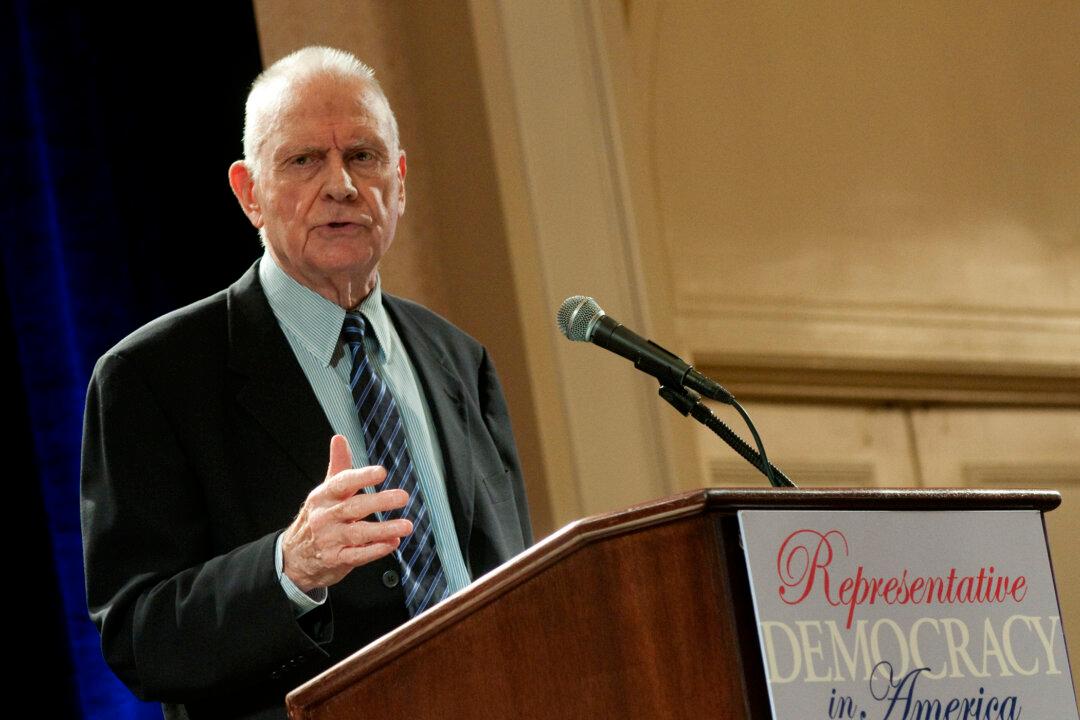Earlier this month, The Economist, the renowned British weekly, ran an editorial advocating an end to the U.S. dollar’s supremacy as the world’s chief currency. The magazine offered several economic motives and one supremely political one. “For how long,” its editors wrote, “will countries be ready to tie their financial systems to America’s fractious and dysfunctional politics?”
I want to be blunt here. Congress’s inaction on a host of important issues—its inability to deal with our problems—is doing real damage to our country. It undermines our ability to lead in the world and causes undue economic and social hardship at home.
What strikes me hardest about that sentence in The Economist is that it reflects a sobering truth: people both at home and abroad now accept that our current unworkable politics shows no sign of changing and could intensify. We are getting a reputation as a nation that cannot deal with many of its problems.




